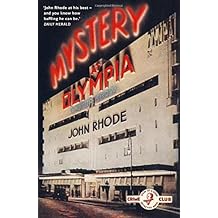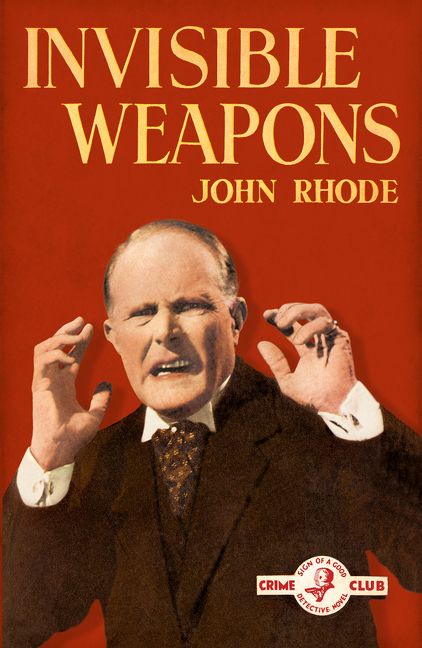Thanks to a book collector's kindness, I've come into possession of a number of hard-to-find Golden Age or GA-influenced novels and I've started to work my way through them. I decided to give John Rhode's Nothing But the Truth a go. It first appeared in 1947 and although pretty obscure, it's been discussed on a few blogs, such as Noah's Archives. I agree with Noah's suggestion that the social history is really the most interesting part of the story. The dust jacket of the novel shows an AA sentry box of the kind once familiar on British roads, and in such a box...a body is found. A great idea for a crime scene and one of the most interesting features of the book.
The story begins with a solicitor entertaining an irascible client called Watlington, one of those rich and unpleasant people who so regularly fall victim to dastardly deeds in vintage crime fiction. As a result of a strange sequence of events involving a drunken chauffeur and a policeman called Fawkes, Watlington goes missing. When a corpse is subsequently discovered, many miles away, in the AA box, with its features unrecognisable, the seasoned mystery fan is likely to suspect one of those identity switches so common in Golden Age fiction. But suffice to say that Rhode follows an unorthodox path in this novel.
Unorthodox, and rather odd. There are the makings of a good story here, but the mystery is developed laboriously, with a good deal of repetition. Ultimately, Jimmy Waghorn of Scotland Yard comes on to the scene, and he resorts to consulting Dr Priestley, but the Great Detective makes only fleeting appearances, and acts as an armchair detective with his secretary Harold doing some legwork. One of the strange things about the story is that, despite Rhode's customary emphasis on accuracy in technical details, the account of the effects of the two drugs which feature in the plot is far from convincing.
A reader whose main interest lies in motive and characterisation will be disappointed by this one. I felt that Rhode could have played fair had he adopted a different story structure, but his chosen method for telling the story means that a key character remains hidden from view. I found this frustrating. I can cope with a bit of lazy writing in a crime novel, but I'm afraid there's far too much of it here. Overall, this is one of those detective stories that, despite those unorthodox elements, amply justifies the description 'humdrum'.



